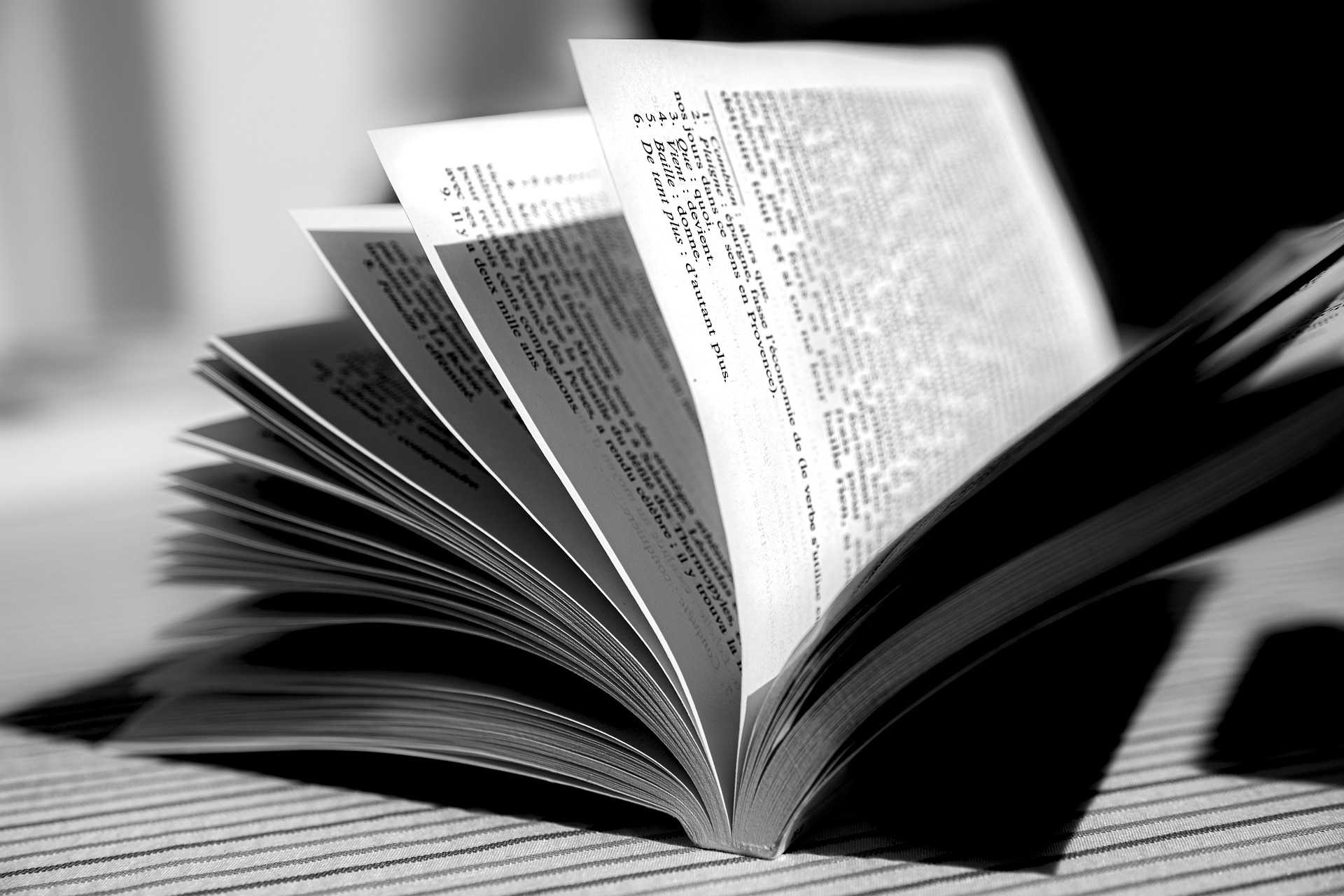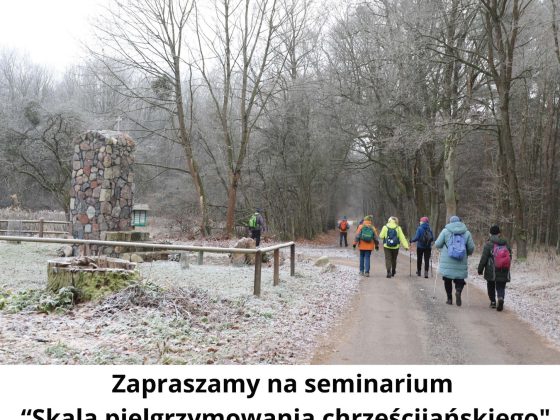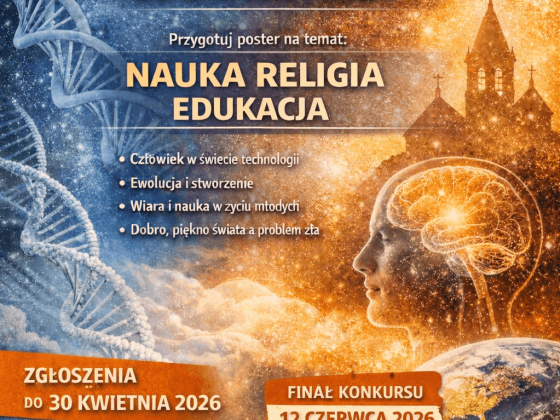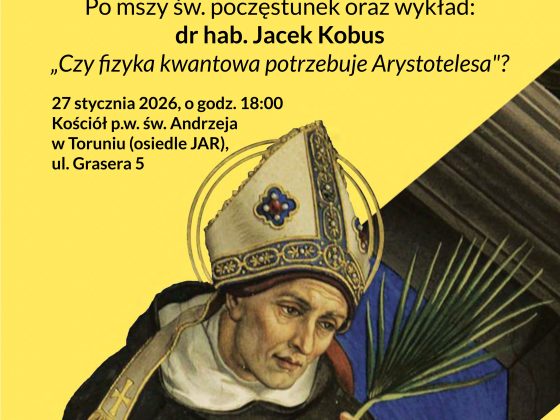Who Is to Blame for the Sinking Ship? Aquinas on Divine Goodness, Evil and Freedom.
by Piotr Roszak
This paper presents the basic features of Aquinas’ theodicy, first indica- ting some difficulties regarding the problem of evil—or even attempts to im- plicate God in evil —that have emerged in the wake of scientific achievements, especially in the field of evolutionary biology. What is needed in response to these challenges is an appropriate view of God’s causality, which is analogous in character and does not constitute one of many causalities in the world. A correct understanding of the relationship between the First Cause and secon- dary causes sheds new light on the debate about the Creator’s responsibility for evil in the world. For Aquinas, God’s action is focused on the good of the whole, which is why the notion of integrity or rectitude, which was already present in Paradise, explains the accidental—not intentional—presence of evil in the world. Against that background, the paper explains God’s manner of re- sponding to evil as interpreted by Thomas Aquinas, which consists in conque- ring evil with the greater good, its paradigm being the Incarnation. For a Chri- stian, this is a model example of how a man can conquer evil by strengthening good and persisting in it through cooperation with grace.



